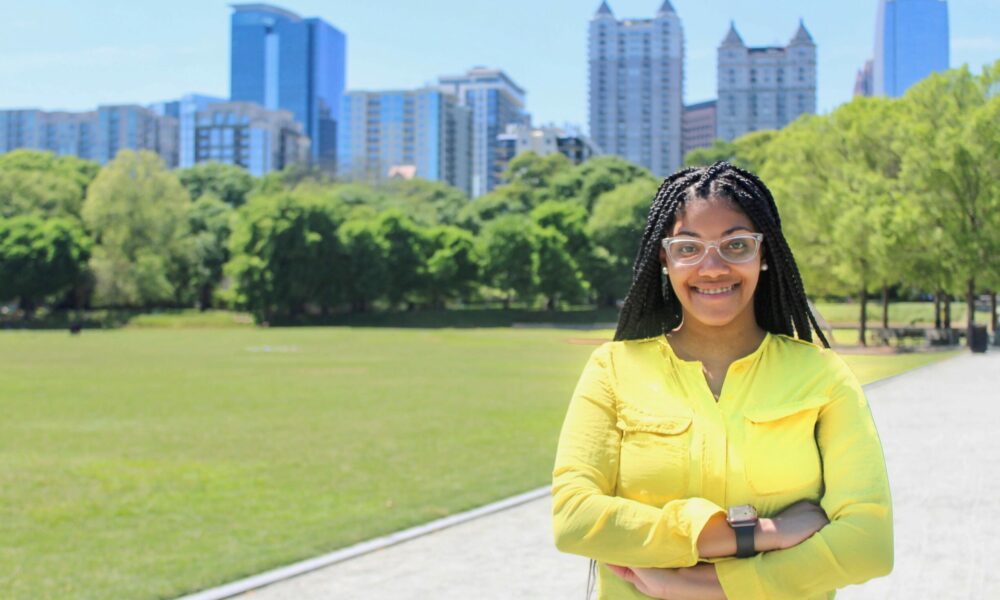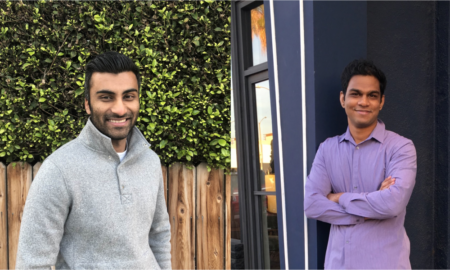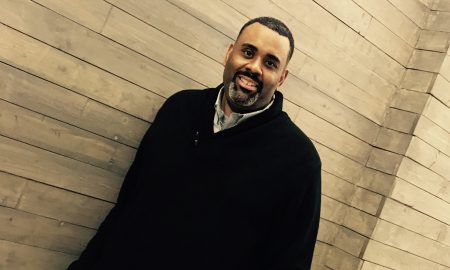

Today we’d like to introduce you to Shanelle Smith.
Hi Shanelle, so excited to have you on the platform. So before we get into questions about your work-life, maybe you can bring our readers up to speed on your story and how you got to where you are today?
I’ve been interested in the field of psychology since about elementary school. I remember watching the movie Sybil and being so intrigued by how our brains can literally create alternate personalities when life/experiences are too overwhelming. As I approached high school, I began getting more serious about my career path. I quickly realized that strictly psychology was not for me. I stumbled upon counseling after doing some research about psychology-related careers during my time in college. During my final year of undergrad, I applied to a counseling program. In that program, I got a better glimpse of the different counseling-related settings I could work in. I started my internship in a Christian-based counseling agency which I enjoyed. I then transitioned into a position as a counseling intern at a Regional Youth Detention Center. It was then that I found my true passion; working with at-risk youth or kids that were already in the system. Since then, I’ve worked in a variety of settings working with at-risk youth ranging from elementary to high school. I also work in private practice with young adults who’ve experienced trauma, life transitions, and a variety of other mental health concerns.
I’m sure you wouldn’t say it’s been obstacle free, but so far would you say the journey have been a fairly smooth road?
One struggle has been working against and within two competing systems. Unfortunately, the mental health field is still fairly based on White cultural standards and practices as well as having practices that mostly benefit the majority. My passion has always been for black mental health. In order to obtain the education and experiences I now have, I have/had to work in settings that holistically don’t always actually benefit the black/minority communities we work within. It becomes a struggle to be apart of a system that perpetuates covert and even overt racism/discrimination but while also doing the work as an “insider” to break down those barriers within the system. Another struggle includes my transition out of graduate school. After spending almost a year at my internship, my supervisor left, which made my internship site ineligible. I was out of practice for about 3-4 months before my school located another internship site. The transition to that site was a slow and long drawn-out process. After being there for about three months, that supervisor was fired, which again left that sight ineligible. Through losing both internship sites within my final six months of graduate school, I was at risk of not graduating on time, despite meeting all other requirements.
Another obstacle is one I’m currently facing is the road to full licensure. Becoming a fully licensed counselor is a long and gruesome process that includes seeing clients and also receiving supervised hours by another licensed clinician. Due to the unclear policies, I worked at an agency for approximately nine months without being able to accrue hours to become fully licensed. Working without accruing hours pushed my process back for about nine months which definitely is a huge obstacle, but it allows me additional time to perfect my craft of therapy.
Thanks – so what else should our readers know about your work and what you’re currently focused on?
I am currently a School-Based Therapist at an elementary school on the Westside of Atlanta. I provide trauma-informed individual/family therapy to students and families. I also collaborate with a team to provide trauma-informed trainings to teachers/staff within the school. We collaborate with the school to create a school environment that takes into account the traumatic experiences the children in our school and community are facing. I also work with a private practice providing individual therapy to young adults that are working through trauma, adjusting to life transitions, and that experience a plethora of mental health concerns. I am most proud of the work I am doing in the elementary school. Being able to bring my expertise and collaborate with such a wonderful team to provide ethical and trauma-informed care to children that look like me is an amazing feeling. I take pride in the way the families have grown and began to acknowledge some of the generational traumas while also working really hard to break the cycle.
Contact Info:
- Website: http://www.thebloomwellness.org
- Instagram: @_shanellesmith_




 Image Credits
Image Credits
Kori Jernigan















